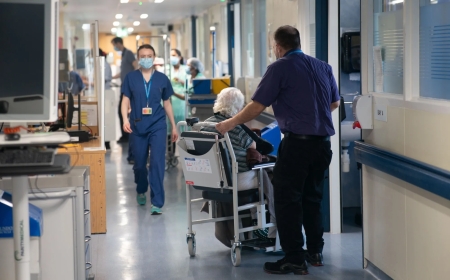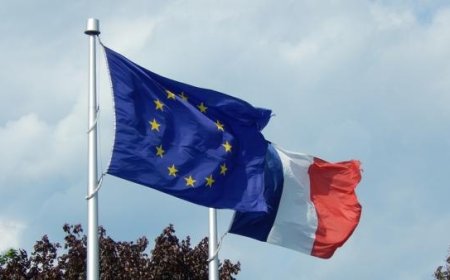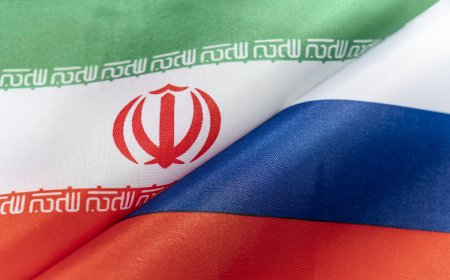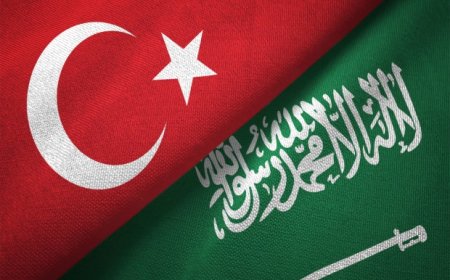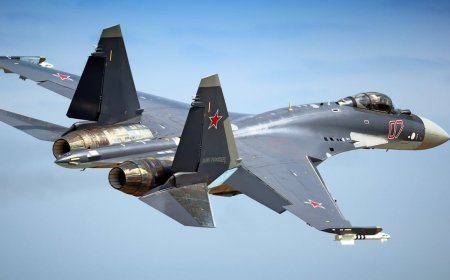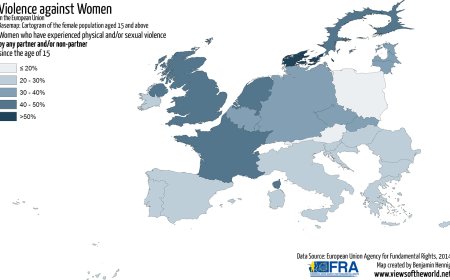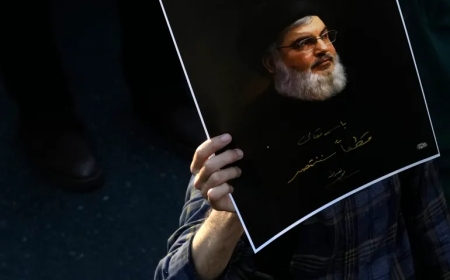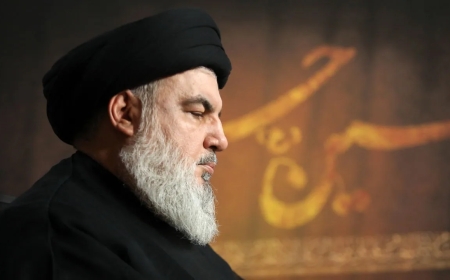Summer Davos in China, an opportunity to strengthen relations with Riyadh
Summer Davos in China, an opportunity to strengthen relations with Riyadh
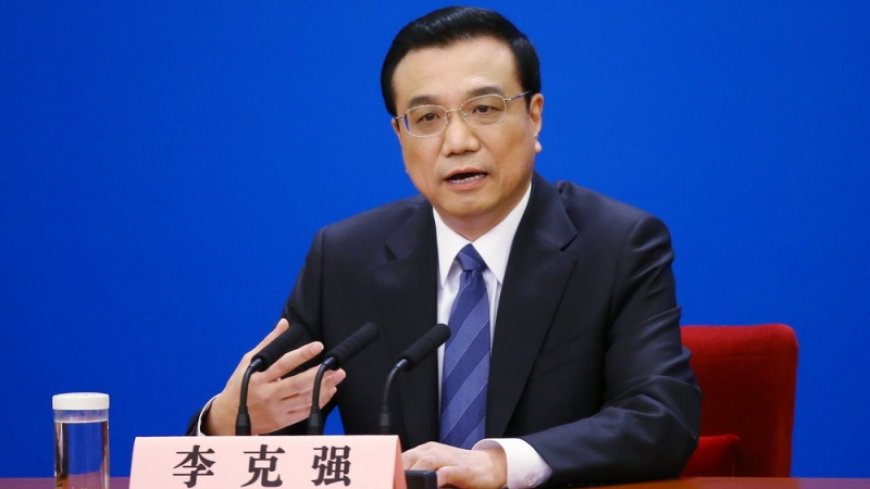
The good economic-commercial relationship between Beijing and Saud Arabia continues with the kingdom choosing to send one of the largest (in terms of quantity, but also quality) official delegations to the "summer Davos" in China.
Beijing and Riad are looking for alternative partners to the West. Perfect spirit for the "Meeting of the New Champions", as the annual meeting is called colloquially known as the summer Davos, which takes place in the northeastern port city of Tianjin.
The Saudi Arabian delegation led by Economy and Planning Minister Faisal Alibrahim and Communications and Information Technology Minister Abdullah Alswaha claims a leadership role in Chinese international relations at the moment.
The kingdom is China's main supplier of oil; The People's Republic is Saudi Arabia's largest trading partner. The value of trades is $116 billion in 2022, up substantially from $87 billion in the previous year (growth is in line with regional growth, which increased from $180 billion in 2019 to $259 billion in 2021, according to data from Carnegie and ChinaMed).
Above all, the two countries are thinking about the future: Mohammed bin Salman, heir to the throne and former factotum in Riyadh, is eager to receive Chinese help to diversify his economy and wants investments that go beyond the traditional oil, refining and of telecommunications.
Xi Jinping seized the opportunity, and already from the Arab-China Business Forum hosted in Riyadh a few weeks ago, Chinese companies have opened up to sectors ranging from steel to internet platforms, from gaming to tourism.
In Tianjin, the honors were done by premier Li Qiang, the second most important Chinese politician after the leader Xi Jinping (of whom he is a close ally). Li had the task of describing a better China than the economic data that comes out, which instead show how the country is struggling to recover from the crisis caused by the pandemic.
“There is a lot of talk in the West about de-risking and reducing dependence on economic partners,” he said: “These concepts are a false proposition, because the development of economic globalization is such that the world economy has become a common entity in which you and I are both mixed.
The economies of many countries merge with each other, rely on each other, deliver results for each other and develop together. This is a good thing, not a bad thing."Beijing is grappling with an attempt by Western economies to avoid exposure to China and create forms of economic security based on this de-coupling.
But it is also grappling with rising tensions with the United States, Washington's export controls on high-tech goods and the war in Ukraine, which is weighing on investor confidence.But these are topics that do not worry excessively Riyadh, unwilling to get entangled in limiting situations such as zero-sum games between powers.
Bin Salman wants to diversify the country's economy, dominated by oil, towards sectors such as healthcare, infrastructure, the digital economy, artificial intelligence, robotics and tourism. It's all part of the super-program known as “Vision 2030”.
Bin Salman agrees to enter into business also in strategic sectors. Jessica Wong, managing partner of eWTP Arabia Capital, one of Saudi Arabia's largest private equity funds, explained to the Financial Times that the kingdom is looking for a greater "localization" of digital and infrastructure services than what is offered by Western firms.
“In each segment, Western companies have 80-90% market share, but they all ignore localization,” Wong says. The Chinese accept different spaces.
